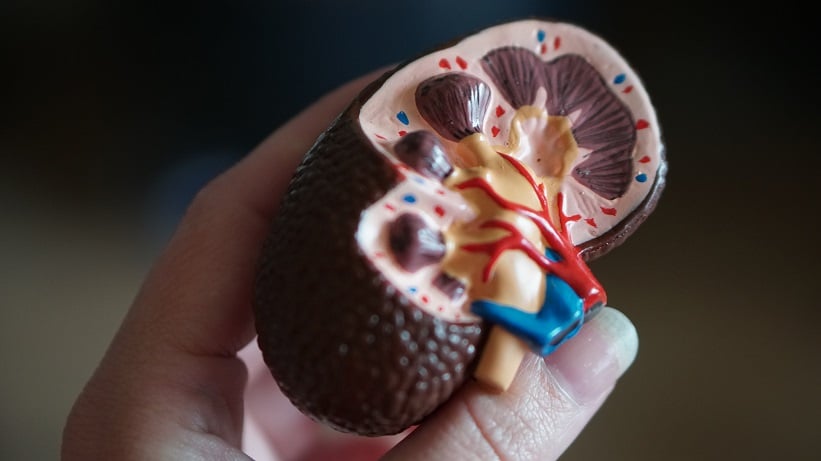NOVEL research has demonstrated that the virus causing COVID-19, severe acute respiratory syndrome coronavirus 2 (SARS-CoV-2), can infect specialised kidney cells. This understanding could help to explain why acute kidney injury is frequently observed in patients with severe COVID-19.
Biomedical engineers and virologists at Duke University, Durham, North Carolina, USA, wanted to investigate the link between kidney disease and COVID-19. Using a pseudovirus version of SARS-CoV-2 (a copy of the virus incapable of producing replication-competent viral particles), researchers demonstrated that viral spike proteins could bind directly to receptors on the surface of podocytes. Podocytes are a mature type of kidney cells that helps to control the removal of waste toxins from the blood.
“There was a strong uptake of the virus initially,” explained lead study author, Tittola Kalejaiye, Duke University. “We also found that when you increased the dose of the virus, the uptake would increase even further. The virus seemed to have a strong affinity for kidney cells.”
The model was then tested against the live virus. The live virus also showed affinity for the podocytes and, once inside, caused structural damage to the cells, causing the long finger like structures that filter blood to retract and shrivel. Significant damage would cause podocyte cell death. The researchers further observed that the virus could hijack podocyte machinery to produce additional viral particles and spread infection further.
The team hopes to expand their research into the future to explore new variants and their increasing or decreasing ability to infect kidney cells. Underlining the value of the research, Samira Musah, Assistant Professor of Biomedical Engineering and Medicine, Duke University, stated: “It was shocking to hear doctors describe how patients who were healthy suddenly developed kidney injury and needed to go on dialysis after contracting SARS-CoV-2.”








